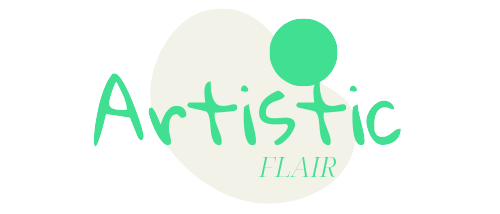When it comes to buying a property, especially a magnificent and detailed one such as a castle, undergoing a detailed evaluation is important. Castle home inspectors play a key role in guaranteeing that your fantasy residence is both beautiful but meanwhile structurally sound. https://castlehomeinspectors.com/ Thanks to their unique skills, these inspectors deal with the complexities of historical architecture, recognizing likely concerns that could arise in such impressive properties.
From the turrets down to the substructure, each facet of a castle demands thorough examination. The beauty of these legendary edifices carries its own unique challenges, making the job of castle home inspectors essential. Whether you are buying a well-preserved fortress or a renovation project, comprehending the condition of the structure will help you in making educated decisions and preserve its historical integrity.
Comprehending Chateau Assessments
Chateau home inspections are focused evaluations focused on the unique characteristics and requirements of historical and castle-like structures. These inspections typically involve a thorough evaluation of both the inside and outside elements, considering the vintage, materials, and architectural elements that set apart these properties. Inspectors look for signs of structural integrity, possible damage, and heritage accuracy that can affect the value and safety of the home.
During a chateau home inspection, elements such as masonry, turrets, and intricate roofing are examined closely. Inspectors are trained to detect issues that might not be present in regular home inspections, such as moisture leakage, pest infestations in wooden beams, and the condition of historic plumbing or electrical systems. The findings of these inspections are crucial for buyers looking to invest in a chateau home to prevent unexpected repairs and guarantee the property can be maintained with its historical integrity intact.
Additionally, the importance of grasping the local building codes and preservation guidelines cannot be overstated during these inspections. Castle home inspectors are equipped with the knowledge to navigate both modern regulations and historical preservation standards. This comprehension ensures that any recommended repairs or modifications are compliant with local laws while honoring the heritage significance of the property, making these inspections an important step for any prospective castle homeowner.
Frequent Problems in Castle Homes
Historic castles, with their detailed structures and antique features, commonly experience distinct issues during inspections. One common issue found in these grand edifices is water leakage. Due to their historic nature and materials, many castle homes may suffer from damaged roofing, compromised gutters, or deteriorating stone walls. These issues can lead to extensive harm over time if not detected and resolved promptly.
Additionally, a significant problem is the issue of obsolete wiring and plumbing. Castle homes were typically built long before modern building codes were established, resulting in wiring and plumbing that may not meet modern safety requirements. Inspectors often find deficiencies such as non-grounded electrical sockets, obsolete wiring methods, or aging pipes, which can pose hazards and lead to costly repairs if not properly assessed.
In conclusion, insect and rodent problems are a serious issue in castle homes. The elaborate structures and expansive grounds can draw in various pests, such as wood-eating insects, rodents, and avian pests. A thorough evaluation is crucial to recognizing evidence of pests and the harm inflicted by infestations, guaranteeing that the castle remains a safe and sound residence for its inhabitants.
Choosing the Correct Inspector
Selecting the appropriate castle home inspector is essential to confirm a thorough evaluation of your property. Begin by investigating inspectors who specialize in historical buildings, as they will have specialized knowledge about the particular construction techniques and materials often found in castles. Look for qualifications, licenses, and experience in inspecting similar properties to gauge their competence and trustworthiness.
After you have a list of candidates, take the time to check out reviews from previous clients. This feedback can provide valuable insights into the inspector’s professionalism, attention to detail, and ability to articulate findings clearly. Do not hesitate to ask for references from past clients to get a better idea of their performance and inspection process.
Ultimately, it is crucial to arrange an interview or a consultation with potential inspectors. During this meeting, ask about their inspection process, tools used, and what specific features they focus on when assessing a castle home. A qualified inspector will be happy to explain their approach and address any questions or concerns you may have, helping you feel confident in your decision.
